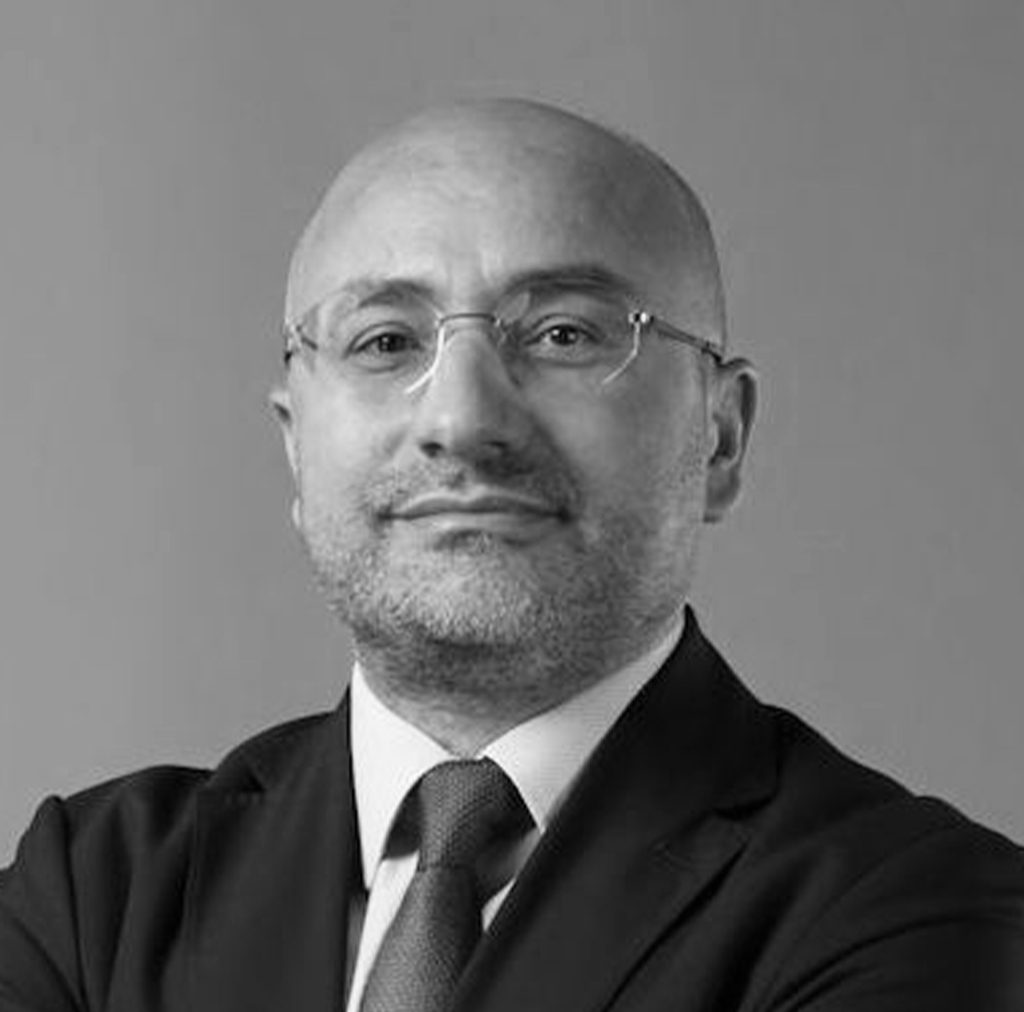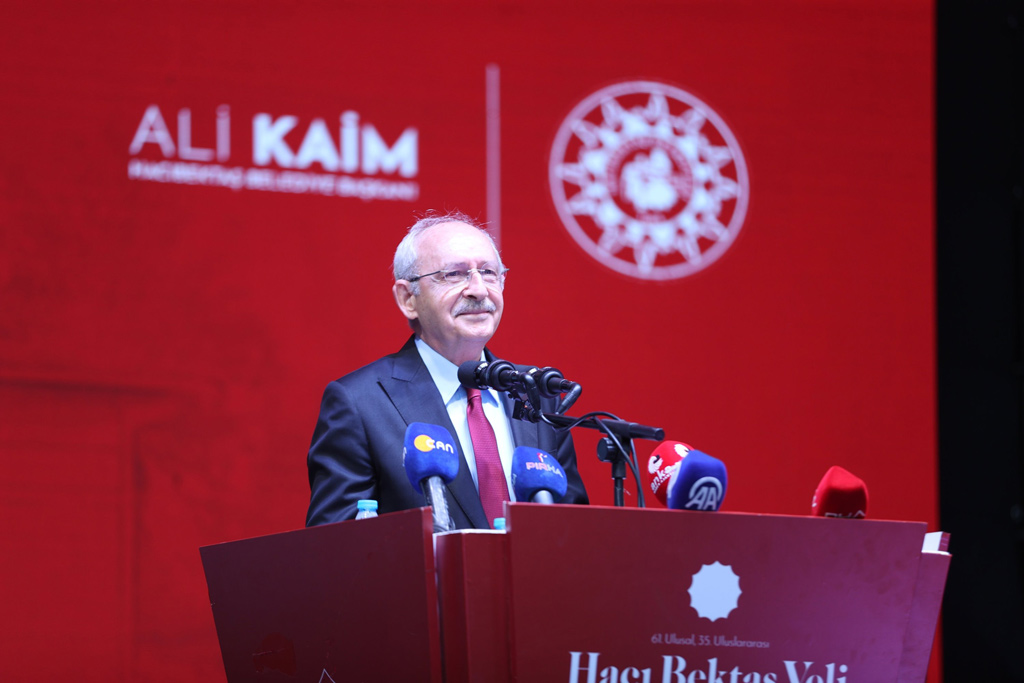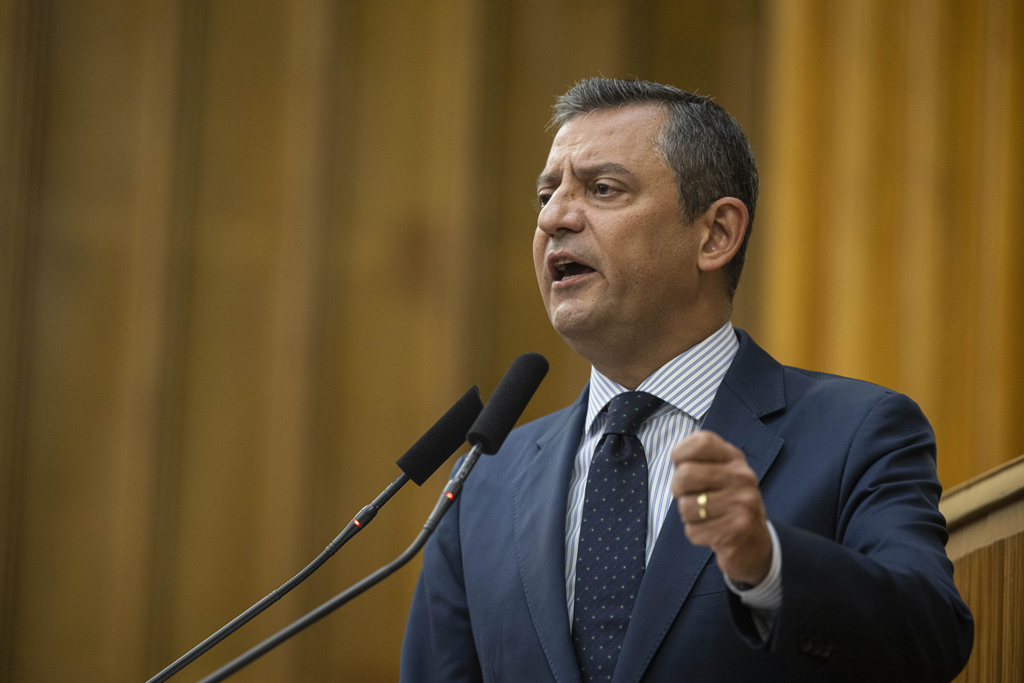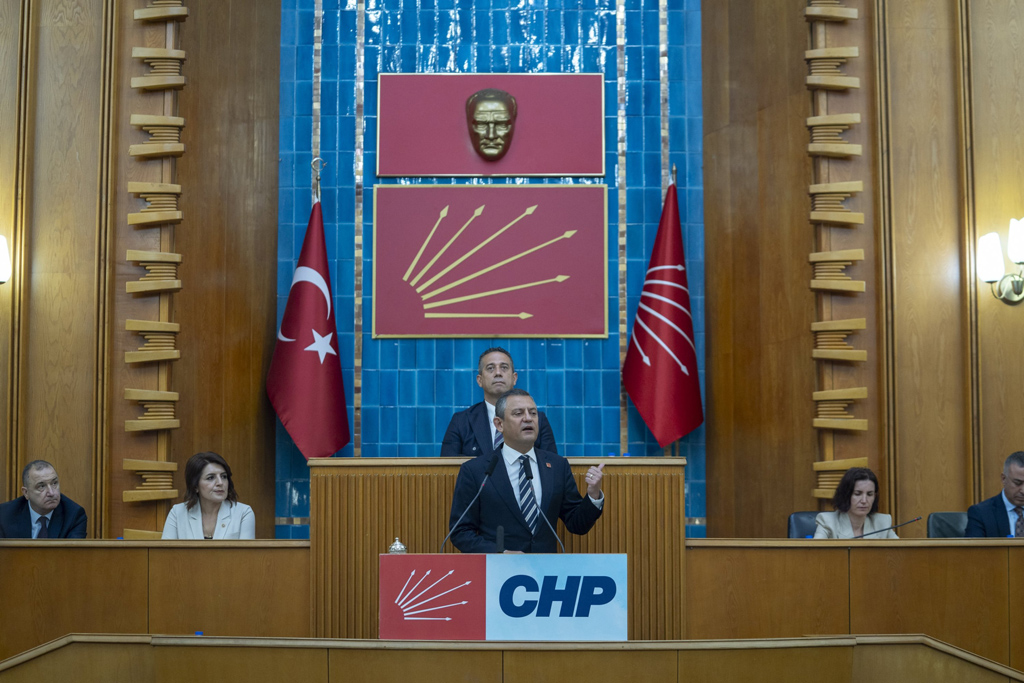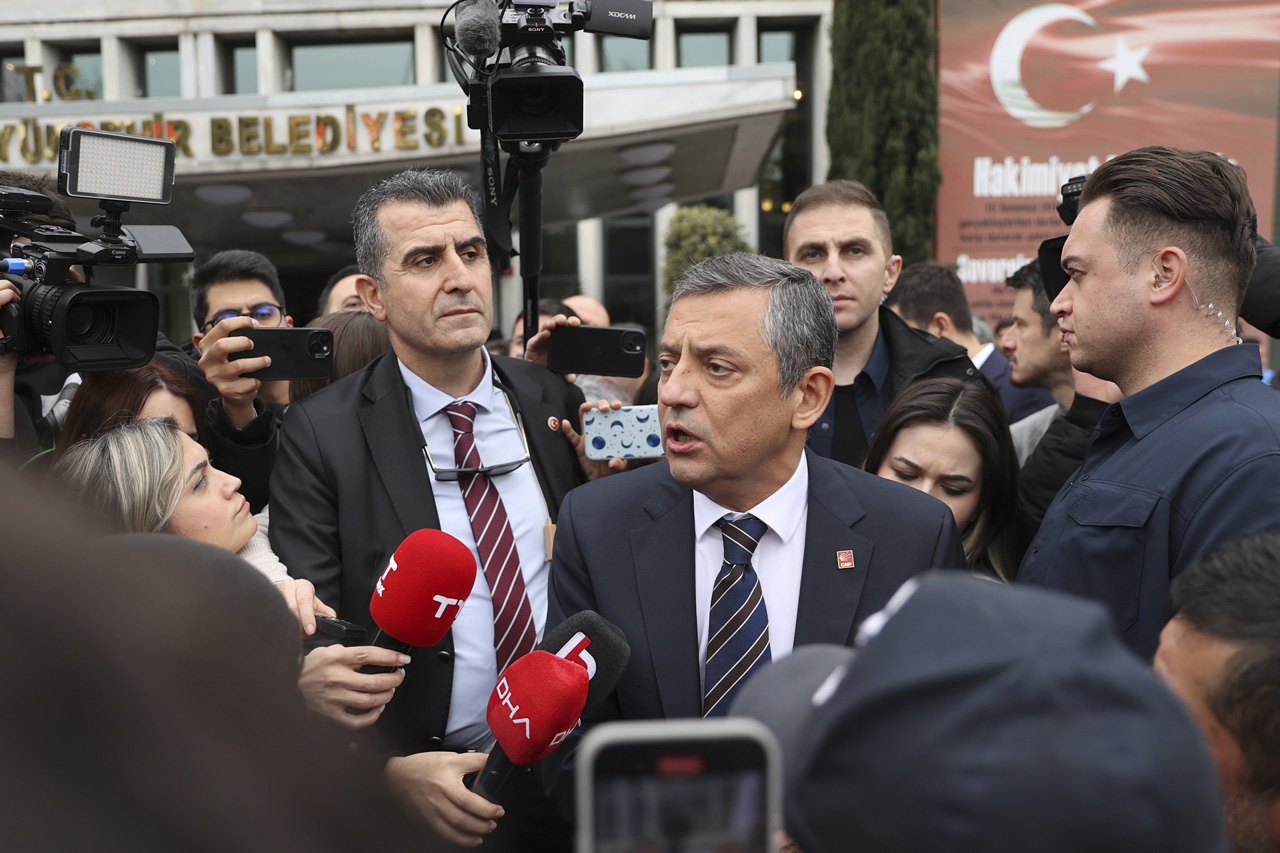A bitter argument erupted between the former chairperson of the Republican People's Party (CHP), Kemal Kılıçdaroğlu, and a journalist, escalating into severe insults. In response to the journalist who called him "a puppet of the Justice and Development Party (AK Party), a traitor," Kılıçdaroğlu retorted, "I took this party from the hands of lowlifes like you, who try to steer my party while holding whiskey glasses, and made it the People’s Party."
This article does not focus on the harsh insults exchanged during this ongoing argument or the accumulated events from the past.
The real issue between the journalist and Kılıçdaroğlu is the emergence of a new battle against "political engineering." After listing what the journalist had done in the past, Kılıçdaroğlu stated, "This person now comes forward, saying things like, 'This district mayor should be the presidential candidate,' or 'This mayor is better than that one.'"
In response to this accusation, the journalist said, "At the root of their resentment toward me lies the CHP convention. Before the convention, we supported Özgür Özel (the current chairperson of CHP)." With these words, the journalist openly admits to being involved in the internal workings of a political party.
In Turkish political life, many people whose profession appears to be journalism have seen one of their main missions as "political engineering" or "designing politics." Many journalists, in their memoirs written toward the end of their careers, have proudly narrated these actions as if they were something to be proud of.
We have learned from the memoirs of journalists and politicians, after the fact, about which politicians they promoted, which leaders they targeted with character assassination, and what non-political methods they used in forming or breaking coalitions. Now, the battle is waged openly, without waiting for time to pass. Journalists who pioneered political engineering did not act alone in fulfilling this role; they allied themselves with organized interest groups and tutelage blocs that sought to protect their domains of power.
Political engineering, a practice long carried out over "regime crises," has a deep-rooted history in Turkish politics. When the grip of tutelage weakened, various other forms of political design were continuously employed, such as determining who would be supported at party conventions, which politician from which party would split off to join other parties, which cracks within a party would be exploited to elevate certain figures, and what kind of party would be established by those who left. In the past, political engineering was the norm because it was effective in determining who would come to power.
During President Recep Tayyip Erdoğan's tenure, a fierce battle was waged against political engineering as in many other areas. The AK Party, led by Erdoğan, neutralized the political and anti-democratic obstacles, crises and interventionist methods arising from political engineering. They forced the political sphere, parties and actors to undergo transformation and fought for media diversification.
While political engineering failed against the AK Party, unfortunately, it succeeded in shaping the opposition. From the 2010s onward, the CHP's leader was ousted through a conspiracy. Tape plots were orchestrated against the Nationalist Movement Party (MHP) members. Later, those who split from the MHP formed a new party. Since the 2018 elections, pressure has been applied for the opposition to unite against the AK Party. The former chairperson of the Good Party (IP), Meral Akşener, was severely insulted for leaving the six-party opposition coalition. A character assassination campaign was launched against Muharrem Ince, the chairperson of the Homeland Party (MP). Kılıçdaroğlu, hailed as a political genius for orchestrating the six-party alliance before the election, was suddenly vilified by the same journalists after losing the election.
The insults currently being exchanged within the opposition are not isolated incidents, but part of an ongoing and covert battle for a new political design aimed at 2028. In the upcoming period, this battle will continue with discussions about which actors will be promoted and which will be discredited. The micro-power struggle between the current CHP chair, opposition figures and mayors will also play out through opposition media and journalists.
